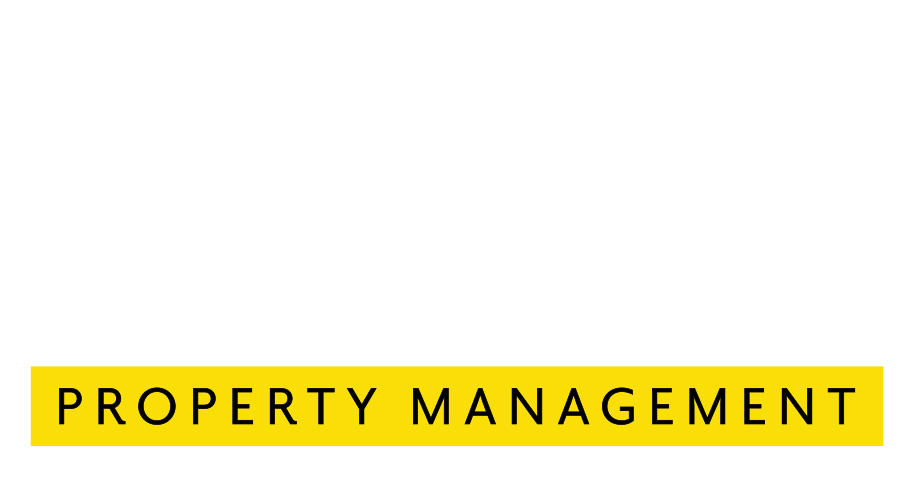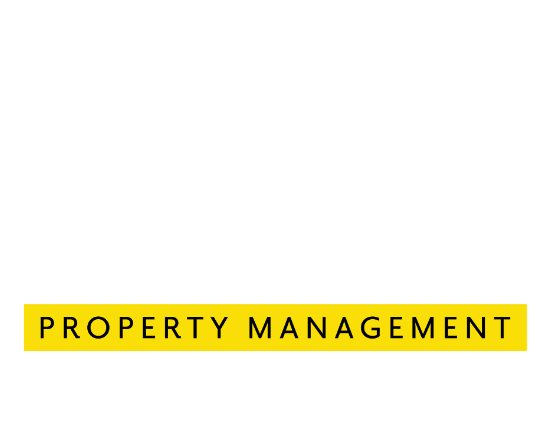As a landlord or property manager, effective communication with your tenants is crucial to the success of your rental properties. It helps to establish trust, foster a positive landlord-tenant relationship, and prevent misunderstandings and disputes from arising. In this post, we’ll look at some tips for how to communicate effectively with your tenants and resolve any disputes that may come up.
Set Clear Expectations and Boundaries at the Beginning of the Tenancy
Before a tenant moves in, it’s important to clearly outline the terms of the rental agreement and any rules or policies you have in place. This will help to avoid misunderstandings and conflicts down the line. Make sure to provide your tenants with a copy of the rental agreement and any other relevant documents, and take the time to go over them in detail. This is also a good opportunity to establish clear lines of communication, such as by providing your contact information and outlining your availability for emergencies.
Communicate Regularly and Respond Promptly
Your tenants are more likely to feel satisfied with their rental experience if you communicate with them regularly and respond promptly to their inquiries and concerns. This can be as simple as sending a monthly newsletter or checking in with your tenants periodically to make sure everything is going well. It’s also important to be responsive when your tenants reach out to you with questions or concerns. If you can’t address the issue right away, make sure to let your tenant know that you’re working on it and provide an estimated timeline for a resolution.
Listen Actively and Try to Understand the Tenant’s Perspective
If a tenant raises a concern or complaint, it’s important to listen actively and try to understand their perspective. This means giving them your full attention, asking clarifying questions, and trying to see the situation from their point of view. By doing so, you can better identify the root cause of the issue and work towards a mutually satisfactory solution.
Keep a Record of All Communication
It’s always a good idea to keep a record of all communication with your tenants, including any written correspondence or notes from phone conversations or in-person meetings. This can be helpful in the event of a dispute, as it provides a clear record of what was discussed and any agreements that were made.
Try to Resolve Disputes Informally
If a disagreement or dispute arises with a tenant, it’s often best to try to resolve it informally by negotiating a mutually satisfactory solution. This may involve compromising on certain issues or finding a middle ground. By resolving the dispute informally, you can avoid the time and expense of formal legal proceedings.
Consider Mediation or Arbitration
If an informal resolution is not possible, you may want to consider seeking mediation or arbitration. Both of these options involve the use of a neutral third party to facilitate a resolution. Mediation is a confidential process in which the parties work with a mediator to try to reach an agreement. Arbitration, on the other hand, is a more formal process in which an arbitrator makes a binding decision based on the evidence presented by both parties.
Follow the Legal Process if Necessary
If the dispute involves a violation of the rental agreement or local laws, you may need to follow the legal process for resolving the issue. This may involve issuing a notice to the tenant or filing a lawsuit. It’s important to be familiar with the local laws and regulations that apply to your rental properties and to seek legal counsel if necessary.
By taking the time to understand and follow these tips, you can create a positive landlord-tenant relationship that is built on trust and mutual respect. This can help ensure a smoother rental experience for everyone involved. Good luck!





